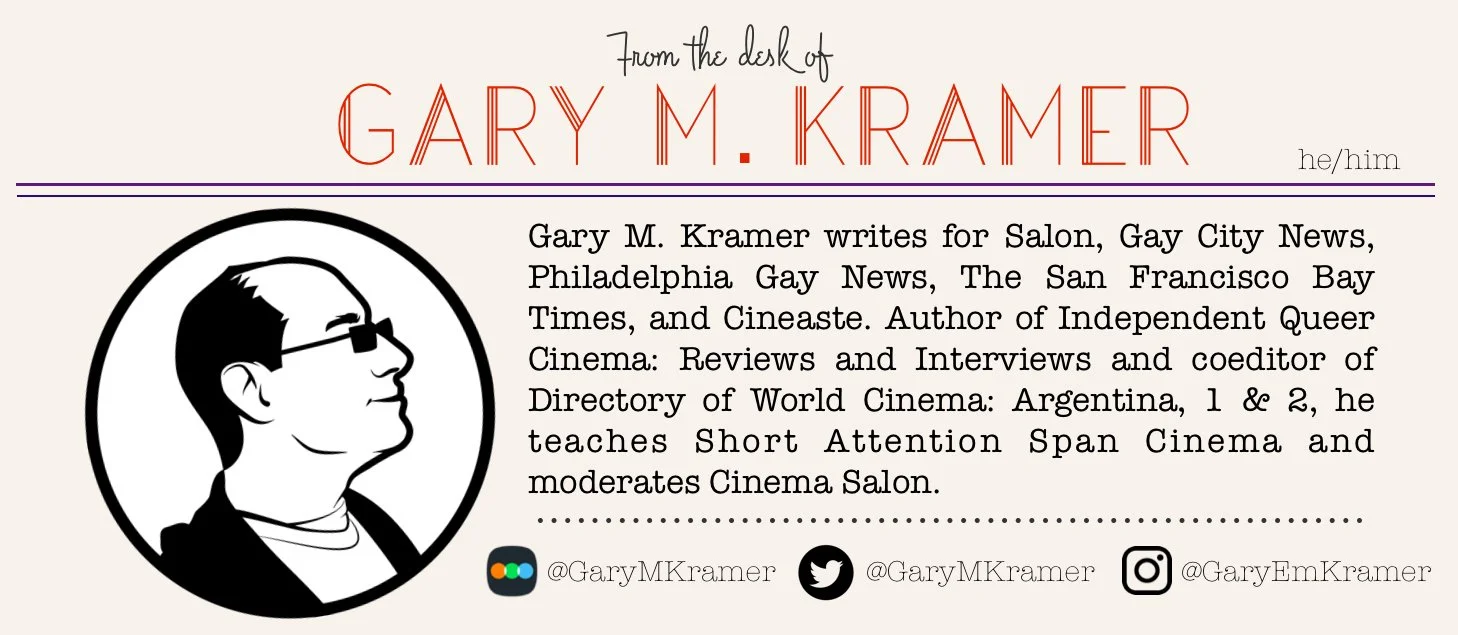SHE CAME TO ME is lackluster and offers little sense of romance or insight
She Came to Me
Written and Directed by Rebecca Miller
Starring: Peter Dinklage, Marisa Tomei, Anne Hathaway
Rated R
Runtime: 1 hour, 42 minutes
In theaters October 6
by Gary M. Kramer, Staff Writer
Writer/director Rebecca Miller’s She Came to Me is a preposterous romantic comedy that wastes an appealing cast. The characters, who are meant to be complex, are one-note, and the situations—save one subplot involving a sex crime—which could be farcical, come across as flat or contrived. The film has no rhythm or humor. It is slack when it comes to dramatic tension and features only a modicum of romance. It is especially disappointing that Miller, who made the terrific romcom, Maggie’s Plan, has produced something so dispiriting.
Steven Lauddem (Peter Dinklage) is an opera composer who suffers from crippling anxiety as well as a bad case of writer’s block. After having a total breakdown and experiencing deep depression, he married his therapist, Patricia (Anne Hathaway). They live in a tony Brooklyn brownstone with Julian (Evan Ellison), her 18-year-old son from a previous marriage.
One day, Patricia sends Steven out for a walk, and he meets Katrina (Marisa Tomei), a tugboat captain, in a bar at 11:00 am. She takes him back to her boat and seduces him because she is addicted to romance (and sex). He creates an opera based on her.
Meanwhile, Julian is romantically involved with his 16-year-old classmate, Tereza (Harlow Jane). Her mother, Magdalena, (Joanna Kulig) cleans Patricia’s home. When Magdalena discovers Polaroids in Julian’s room that he took of Tereza naked, she tells her husband Trey (Brian d’Arcy James), a stenographer whose hobby is reenacting historical battles. He wants Julian arrested for statutory rape.
Another subplot has Patricia giving away her possessions and wanting to become a nun.
She Came to Me pinballs these characters and storylines around but fails to make them interesting. Steven is critical of the opera performer playing the Katrina character in his production—she is not singing “sunny deadpan” appropriately for a crazed murderer, he feels—and yet he refuses to acknowledge this story is based on someone he knows. It may be absurdist, but it fails to amuse.
The film is full of such strained moments. Over a meet-the-parents dinner, Trey insists Julian read the newspaper aloud quickly so Trey can show off his stenography skills. This scene seems designed to allow Trey to mention his familiarity with the law, planting the seed for his later plans to charge Julian with a crime. Katrina’s storyline has her moving to New York and wanting to be with Steven because she thinks she is his muse. But he rejects her until he needs a favor that requires her tugboat, which ties several of the plot strands and characters together.
She Came to Me does have a nice moment late in the film where a handful of characters are together sharing a sense of camaraderie. And scenes from Steven’s operas—one is about aliens—are imaginatively staged. But these small pleasures are few and far between. One major problem is that the film does not have any insights about love or relationships. This makes it difficult for viewers to become invested in the characters as they couple up and uncouple. Patricia’s obsession with the church and becoming a nun mostly gives Steven an easy out to be with Katrina if he desires. Trey is an inflexible fuddy-duddy and a racist, so Magdalena and Tereza’s plotting to leave him—so Tereza can be with Julian legally—is only mildly satisfying. The young couple at the heart of the story profess their love to each other repeatedly but it seems more convenient than convincing.
Dinklage is always enjoyable to watch, especially when he is moping, but this role does not ask much more from him than that. A scene where he talks honestly with Julian about wanting to have been a better stepfather provides a nice moment, but the intended emotional payoff feels unearned because this issue is raised without any context. Hathaway, who produced the film, looks radiant throughout, even when Miller film’s her in a nun’s habit, which is shown in a punch line to an unfunny joke. But she is at her worst in an embarrassing episode where Patricia tells a patient (who dreams of her nude) a story about a boy afraid of kreplach while stripping off her clothes. Marisa Tomei imbues Katrina with a spark that is alluring, but as she talks about becoming addicted to sex from watching romantic movies, viewers may want to join her on her tugboat, and go off to find a better, more romantic film than this lackluster dud.


